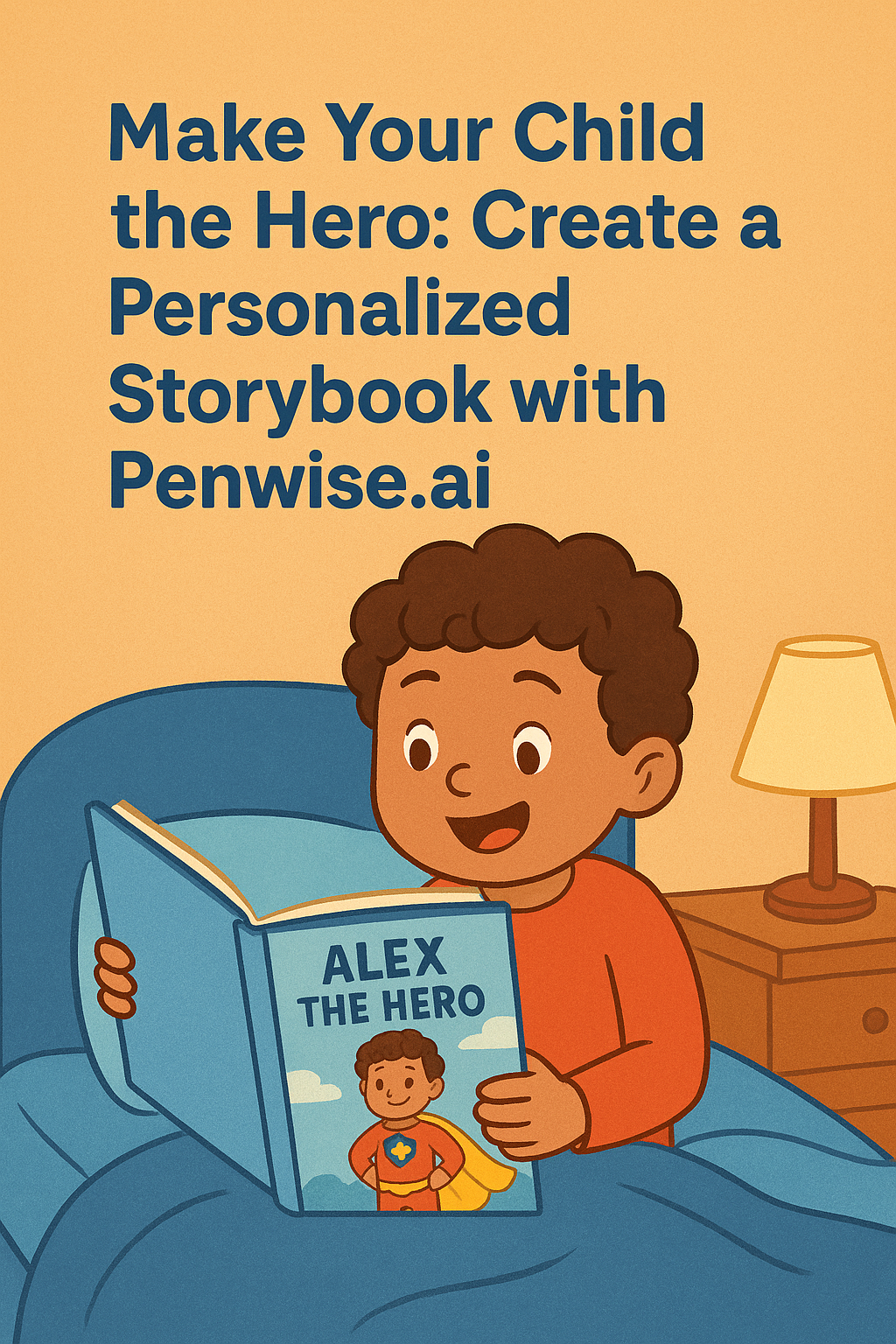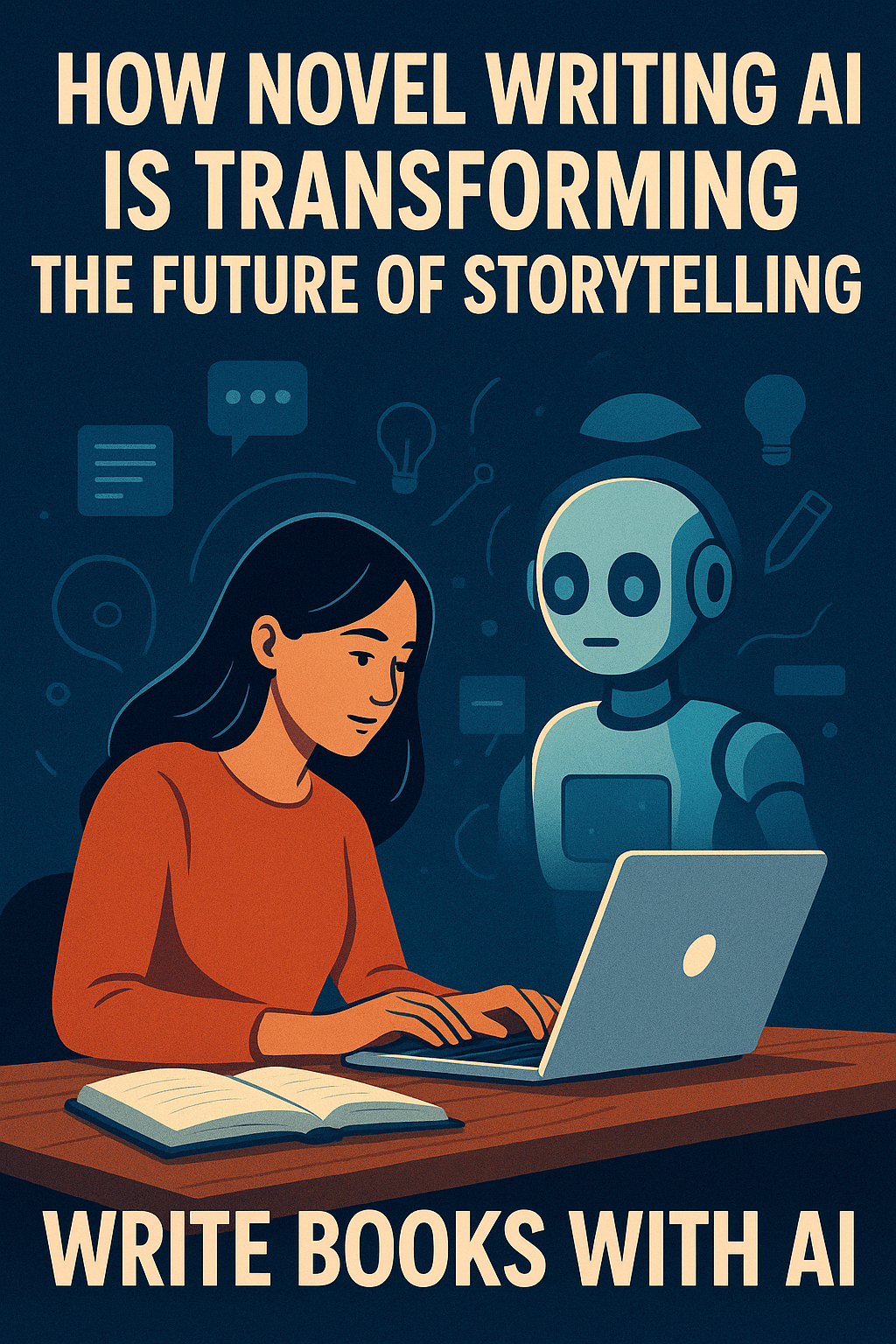Why Storytelling Matters
Every culture has relied on storytelling to preserve its values and history. Myths explained the mysteries of the universe, while fables carried lessons about morality and human behavior. Even today, in a world driven by technology, stories remain the way we make sense of complexity. A single narrative can illuminate what data and facts alone cannot: the lived experience of being human.
The Elements of a Great Story
What makes a story powerful is not just the events it describes, but how those events are told. Characters embody human struggles and triumphs. Conflict creates tension and keeps the listener engaged. Themes—whether love, justice, or survival—transform individual tales into universal experiences. Above all, authenticity makes a story resonate. When a storyteller speaks from truth, the audience feels it.
Storytelling in the Modern World
In our digital age, storytelling has evolved but not diminished. A novel, a podcast, a film, or even a short social media post can carry the same spark as an ancient tale told around a fire. Businesses use stories to connect with customers. Educators use stories to spark curiosity. Authors use stories to explore new worlds. No matter the medium, the heart of storytelling remains the same: to move people through meaning.


